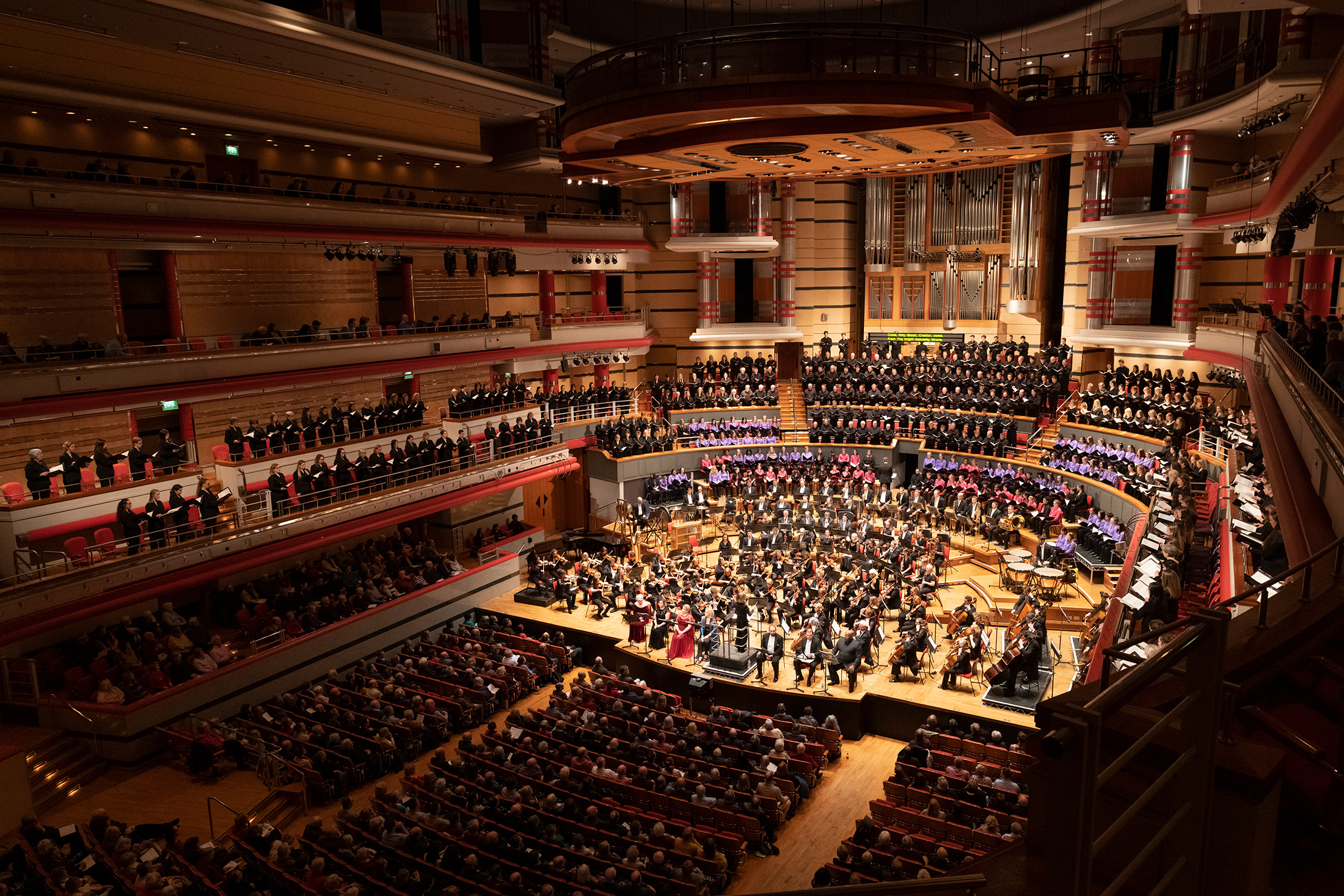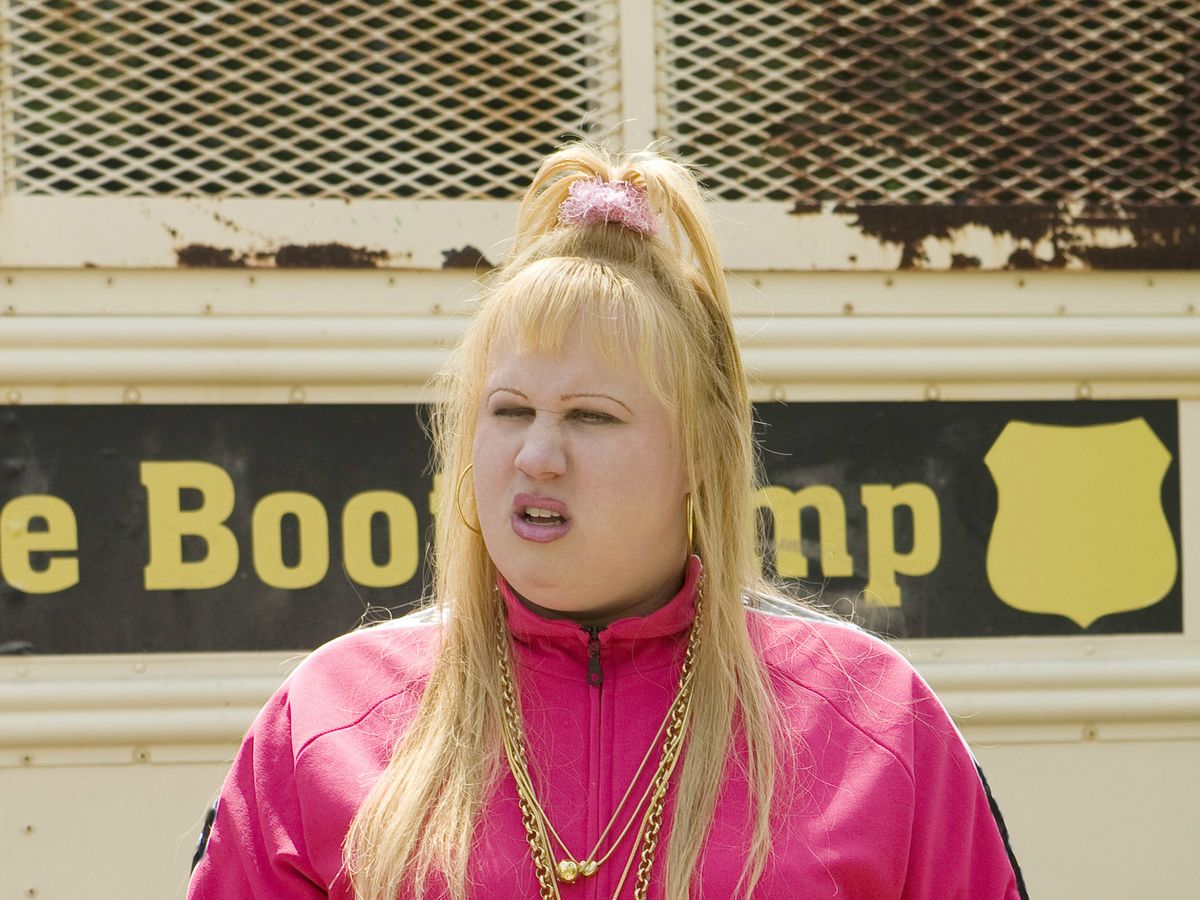Charlotte Higgin’s article in The Guardian “‘We could go to the wall in 12 weeks’ – are we just going to let classical music die?” makes for grim if not entirely unsurprising reading. It also makes the prospect of any series of concerts broadcast from the Royal Albert Hall in late summer look a little like the UK orchestral’s scene a macabre kind of last hurrah, especially if as the Royal Albert Hall and the Southbank Centre have signalled recently, their days are numbered if action isn’t taken soon.
Higgins lays it on the line:
“There is a deep contrast beginning to open up between the UK and much of continental Europe. For our neighbours, public investment in culture is much greater, and organisations are less reliant on box-office income, so the Covid-19 crisis is not an existential one, as it is in the UK. And there has been silence from the upper echelons of government.”
There is an irony to the timing to the piece (or maybe in reality it was in reaction to last week’s much-needed circling around DCMS Secretary of State tweet quoting a rather meaningless statistic about young people listening to orchestral music).
Dowden said: “Our culture and creativity are Britain’s greatest strengths so I want them to be open to all. Really encouraging stat from @BBCArts. #CultureinQuarantine about how younger people are turning to orchestral music during lockdown.”

You’d think that someone with a portfolio like Dowden’s would think twice before putting a tweet out like that (or that whoever is running his social media for him would make sure both they and him are across his brief). Quite apart from the fact that the figure appears not to be attributed to anything or anybody, the story that isn’t told by the spectacular grandstanding here is that orchestras can’t perform if the venues where they can drive revenue can’t open.
But of course, they can’t because no one in government really gives a shit.
Elsewhere in the press, Neil Fisher from The Times reports on Grange Opera and highlights a finer point which may be overlooked by a lot of people, the challenge presented by venues being in the locations they are and the impact that has on the willingness of audience in a post-lockdown world to travel there.
“Concert halls may have the infrastructure, and the BBC the players, but their very location in city centres works against them. “How are people going to get to a theatre in the middle of London?” asks Brabbins, thinking of the Coliseum, the home of English National Opera (ENO). Which is why the Theatre in the Woods may present at least an interim solution. There are no public foyers for dangerous mingling, there are ample car-parking spaces and it’s only about an hour’s drive from central London.”
The article confirms what I’d thought a few months back that there will be a critical point in the narrative when classical has a different story to tell – the struggle to get back to their normal – and the opportunities that offers for various different ensembles (and their PR staff) to tell a story and raise awareness. Abbey Road Studios were first out of the traps last week with a strangely uplifting selection of social media posts which gave a little hope for the future.
Grange Opera’s coverage from Fisher essentially promos a video production of a performance for streaming on the internet later in the month – part of its ‘Found Season’ substituting its postponed 2020 season (similar then to Aldeburgh’s endeavour announced yeserday).
But The Times article leads on arresting visuals of a socially-distanced orchestra and an isolated audience member. It’s evocative and perhaps even gives a false sense of hope. It’s intended to communicate a sense that the classical music world has a hard-edged kind of resilience with a spirited determination – a view reminiscent of the war-related tropes handed out like candy when Boris Johnson was in hospital with coronavirus.
Both remind me that advocates like me need to be in this for the long game, looking out for the innovation, as well as supporting the artists, ensembles and organisations which are having to adopt a long-range strategy and cling-on in the meantime. I’m veering more on the negative side like John Gilhooly in Higgin’s Guardian article: between now and the end of September, we’re going to start hearing about venues and ensembles completely shutting down. That’s going to be a painful series of posts to write.



